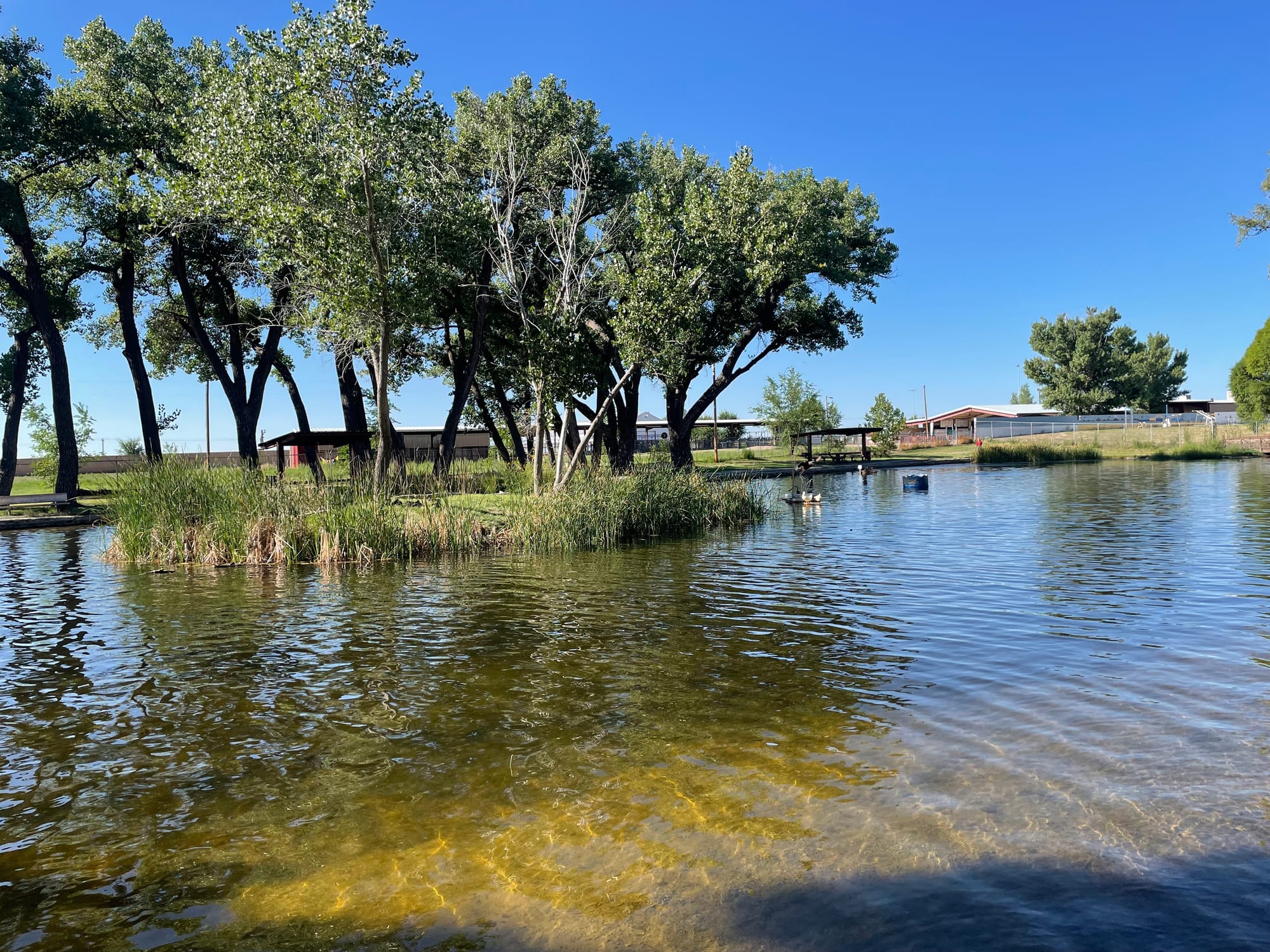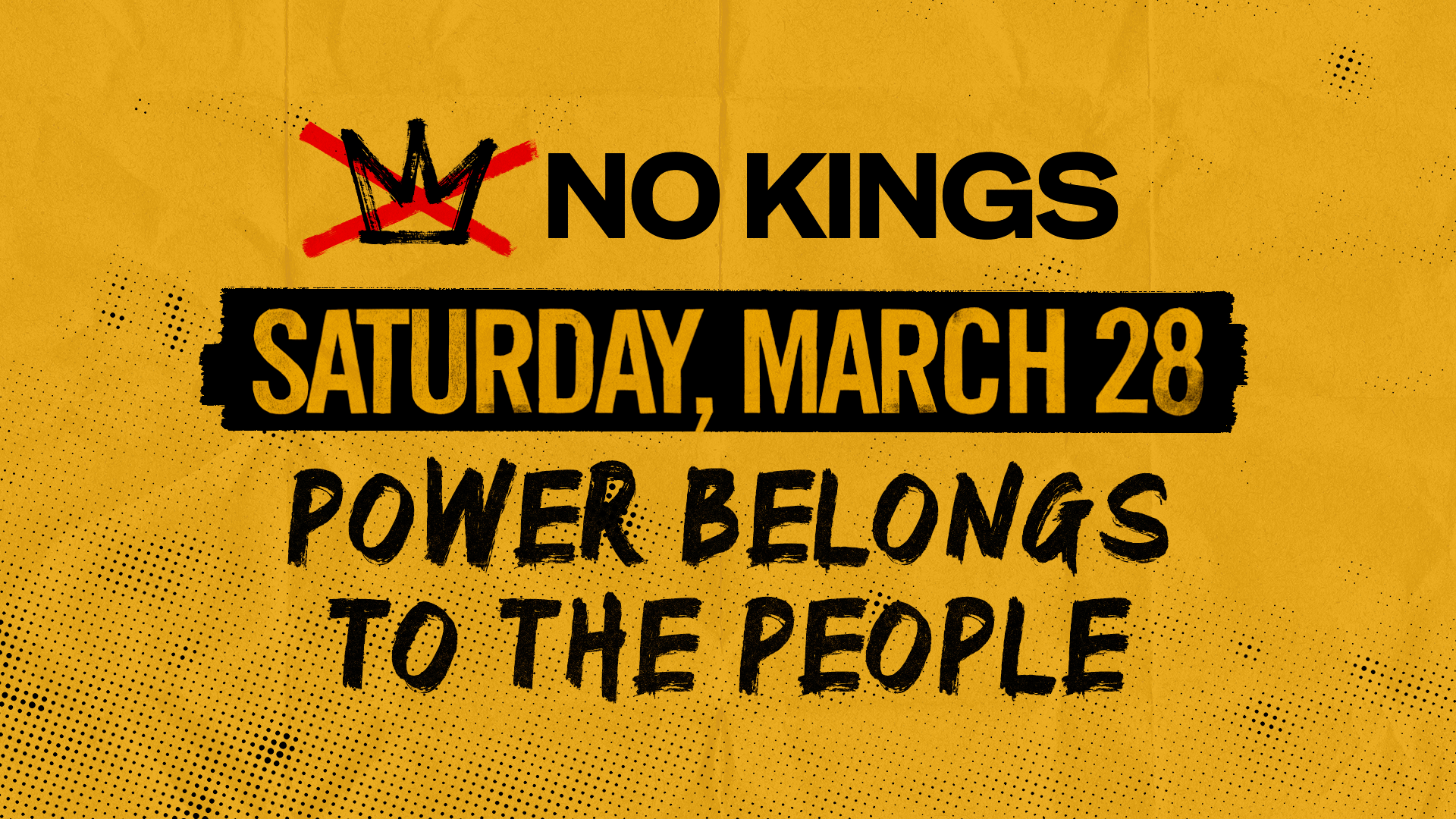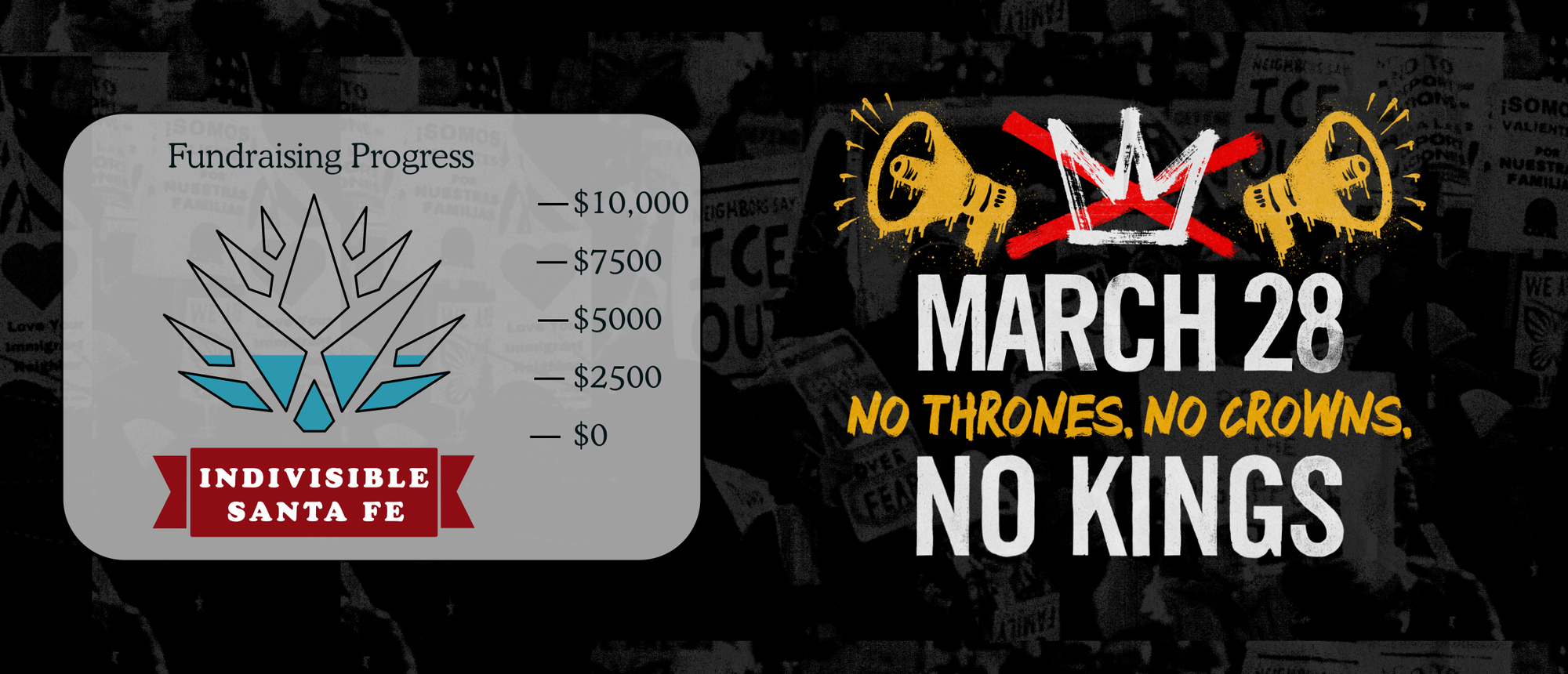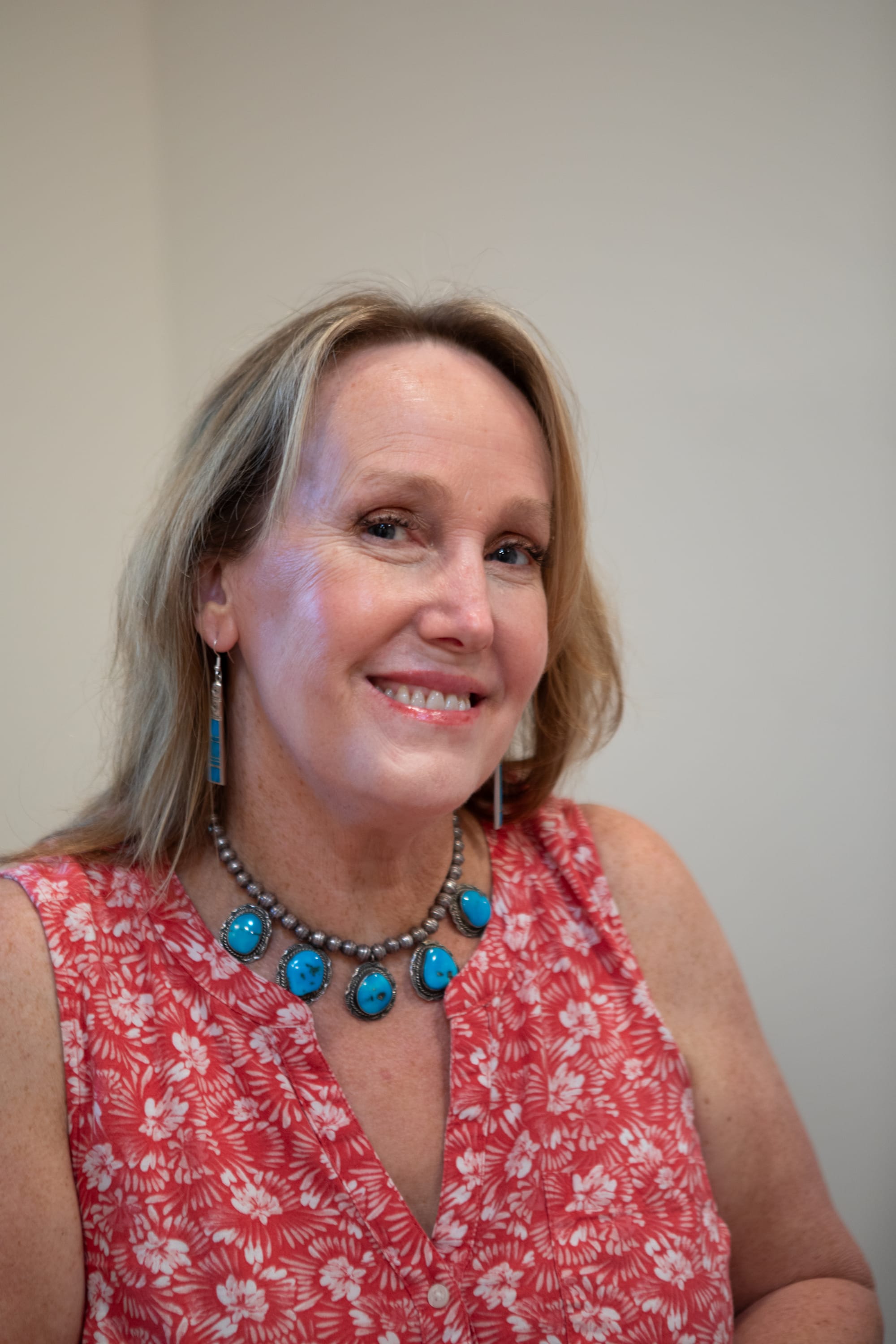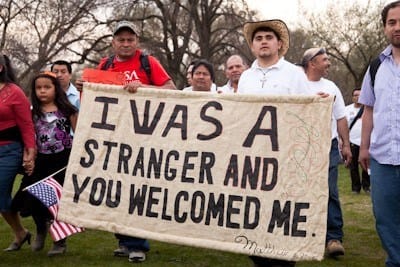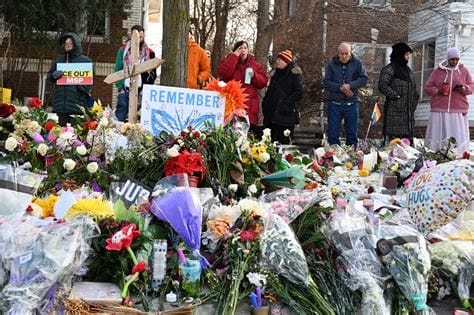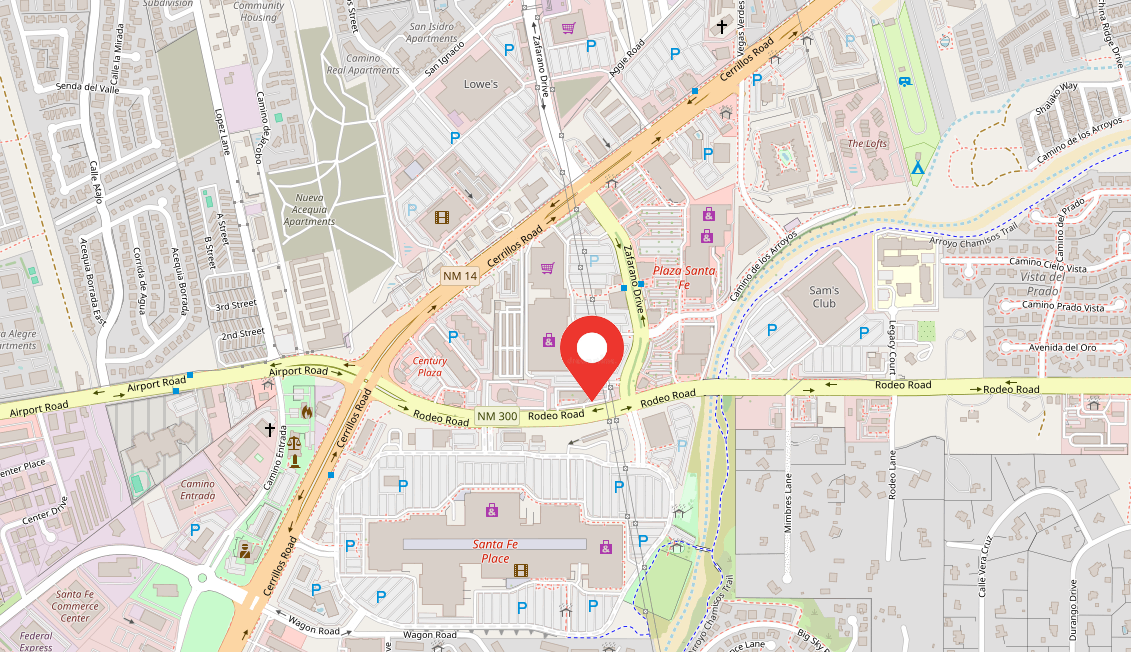I’d never been to a prison before, and was nervous. Embarrassingly, I was mostly nervous about silly things. Is there a bathroom in the area where we’ll meet the detained immigrants? It’s rude to eat or drink in front of them, but how am I going to survive for hours without food or water? And how bad will spending time with people in a pretty hopeless situation feel?
The group I am volunteering with, Innovation Law Lab, consistently shows appreciation of their volunteers and does their best to orient us. I do my best to gain courage to ask foolish and embarrassing questions. Living without a car, I also hit up a fellow volunteer for a ride from Santa Fe to the facility in Estancia. She’s also a first-time volunteer, and I realize that I may be doing her a favor—having company on the long drive to and from what might be a traumatic experience.
As it turns out, she is also delighted to have a navigator (she’s even more challenged in using Google maps than I am!), and we bond over our previous experiences in Bangladesh.
Estancia turns out to have a beautiful pond in a green space with lots of benches, behind the gorgeous library. The beauty of that setting makes the town’s reliance on a prison for its economy somehow even more tragic. Clearly, the state could invest in this town to create local, productive, non-cruel jobs. The vision that led to such a beautiful library has somehow been tossed by the wayside, but surely it could be recreated to revive the town.
While we receive further instructions in the town library, I think of a friend of mine, a Tamil, who fled Sri Lanka by fishing boat. He is married with children in Australia, but the government has made it clear that he will never have legal status unless he returns to Sri Lanka and then enters Australia “legally.” When he told me this, it suddenly occurred to me that his government couldn’t be happy that he had fled. “Wouldn’t they arrest you if you returned?” I asked. He nodded. I ask one of Innovation Law Lab staff what happens to people after they are deported. He shrugs, “We don’t know.” A heavy silence hangs in the air until he launches into a story about someone who was deported without his papers, but Law Lab was able to send the papers to him and he is now doing well. How common is such a result? Nobody knows.
I remove the political buttons from my daypack and leave my water bottle, embellished with political stickers, in the car, along with my phone. I do bring in a sticker-free water bottle and some snacks, which I eat before and after going in. Entering the prison, we are greeted by barbed wire, concrete, and multiple security gates. A sign after we pass through the security check, on the window of the security area, states something along the lines of, “Officials are only allowed in this area.” I point it out to another volunteer and quietly giggle over the wrong placement of the word “only.”
More gates, and we are inside a large room with one wall plastered with signs in different languages about “know your rights,” anti-rape signs, and vending machines selling candy bars and soda.
After a long wait, the first batch of men come in. They have all just arrived at Torrance County Detention Facility (TCDF) a week earlier, and all speak Spanish, though they are from different countries. I find myself staring at one young man. When I approach, I discover that he’s from Guatemala—where I learned Spanish while in the Peace Corps. He is also the most timid of the men I meet. I help him fill out his form, that gives Innovation Law Lab information in the unlikely case that they can do something to help these men. He is reluctant to provide information. I find myself saying, “You should fear ICE. We’re an NGO. You don’t have to be afraid of us,” but I am unconvincing and I keep telling him that he does not need to provide us with information if he does not wish to.
The first group of men detained exits and a second group enters, including many who have had at least one previous meeting with our group. This group is far more international. One man writes volumes about his anger at being shipped around the country, from detention center to detention center. Another man tells me about the violence in his country—a colleague of mine who lives there had just mentioned it to me more euphemistically—and his desperation to seek asylum in the US. Another man speaks of his need to be reunited with his pregnant wife. Several men complain about the lack of information on their cases—do they have upcoming hearings? Are they being deported, and if so, when? There are also many complaints about one of the guards. “I told that guard, ‘You’re a racist!’” one man brazenly tells me. “They treat us like animals,” says another, while the men around him nod.
Hearing all of this is painful. I look quickly over their forms to see if the men have filled them out correctly, asking them to complete missing information and trying not to focus on their mistreatment, their complaints, or the length of time they have been detained (several have been in detention for six months or more). I tell them that most Americans do not agree with how they are being treated, and that I wish we could do much more.
But there is another side to the experience, which I cannot ignore. The small cluster of African men are absolutely vibrant with energy. We chat in French, and a warm camaraderie immediately develops. I interact with a few men from countries whose languages I do not speak, but with simple words and some gestures, we also form a bond. Being incarcerated is a dehumanizing experience, and I am utterly grateful to organizations like Innovation Law Lab, and VIDA in Albuquerque, that create these opportunities for volunteers (all elderly women on the day I went!) to interact with these men and show them some friendly respect.
When we debrief back at the gorgeous Estancia public library, I ask, “How do I sign up to do this again?”
I’m exhausted in the evening. I drink a lot of water and eat a lot, feeling only slightly guilty to enjoy a good meal, knowing that what the men are fed is nearly inedible. I remind myself that depriving myself won’t help them, and what matters is both connecting with the men and sharing the experience with those who have not had the opportunity to visit immigrants in detention.
And as I go to bed at night, on a comfortable dry futon in a clean bedroom, I try not to think about the stories of wet mattresses and dirty cells. Instead, I allow myself to hear their repeated thanks to us, feeling grateful that I had this opportunity, even as my heart bleeds for their suffering.
It doesn’t need to be like this. More of us can speak up more loudly against the longstanding and worsening abuse of immigrants and against the profiteering of companies like CoreCivic that run these inhumane detention centers. Such companies receive large amounts of federal funding while providing deplorable conditions for the people held inside. We can continue to push for ways to refuse cooperation with ICE, and for investment in the towns that rely on prisons, so that they can create better, more humane jobs that lead to more investment in the local economy, rather than enriching the corporations that run prisons and immigrant detention centers.
If you’re interested in volunteering for, or donating to, an organization that supports immigrants in detention, try Innovation Law Lab (https://innovationlawlab.org; link to volunteer to translate or to visit TCDF: https://docs.google.com/forms/d/e/1FAIpQLSd_GTCBonbOrXkUkMROHkVkVYHtcFM2mPDNMgT9Gr3GzwZc2g/viewform), Volunteers for Immigrants in Detention-Albuquerque (VIDA) (https://www.abqvida.org/; you can sign up for a pen pal in detention or for social visits to a detention center), and New Mexico Immigration Law Center (https://www.nmilc.org/).

